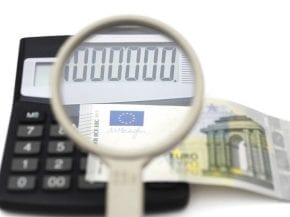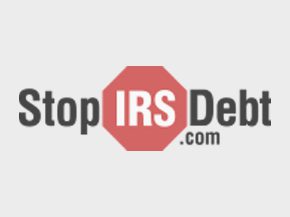- browse by category
- Audit Assistance
- Business and Taxes
- Celebrities in Tax Debt
- Cryptocurrency Taxes
- Economic News
- Foreign Banking
- Innocent Spouse
- IRS debt settlement
- IRS Headlines
- IRS Wage Garnishment
- Marriage & Divorce
- Payroll Tax
- Retirement
- Revenue Officers
- State Tax Headlines
- Stop IRS Debt
- Success Stories
- Tax and Politics
- Tax Attorney
- Tax Codes
- Tax Debt Help
- Tax Evasion
- Tax Levy
- Tax Lien
- Tax Payment Plans
- Tax Return Filing
- Tax Tips

Phil Mickelson is one of San Diego’s most famous sports figures. But his new criticism on his tax burden as a Californian triggered a whiplash of criticism that forced the four-time major championship winner to offer a public relations mea culpa. The subject? Tax rates.
Famed Professional Golfer Suffers Blowback After Tax Rates Criticism
Mickelson, whose won 40 major events on the PGA tour, offered his two cents on taxes as a resident of the Golden State after voters passed a referendum to increase taxes on the state’s wealthy. That caused Mickelson to chime in, saying he would then have “to make some decisions,” fueling speculation he’d move to another state.
With his 2012 earnings alone estimated at $47 to $61 million, Mickelson soon suffered a torrid of criticism and apologized. After speaking with his publicist for an hour, Mickelson noted at a press conference that many people are unemployed or living paycheck to paycheck after the nation underwent the Great Recession.
His net worth has been estimated at $150 million, and he’s known as a friend of his fans for signing autographs after events. He also had an interest in becoming part of the group owning the San Diego Padres, but blamed California’s tax rates for preventing him from taking part.
Phil Mickelson’s Tax Rates
Mickelson labeled his effective tax rate at 63 percent. That includes the 12.3 marginal state tax rate, 39.6 top federal income tax rate, and a 1 percent California tax surcharge to fund mental health programs, among other taxes. But like most other taxpayers, Mickelson can deduct his state tax rates from his federal taxes. That would make his real rate at just above 50 percent.
One of the most popular golfers in the world can complain about his tax burden, but chances are that as one of the nation’s wealthiest taxpayers, the IRS is keeping an eye on his tax forms. That’s why so many celebrities end up having tax problems.
You Can Save, Too!
But just because you’re not a “one percenter” doesn’t mean you can skip out on paying your taxes to the IRS. If you can’t afford to pay your taxes, the IRS can hit you with a wage garnishment or bank levy, on top of adding interest and penalties to the amount you try to avoid paying.
Working with a tax professional is your best way at avoiding the strong arm of the IRS and reaching a fair settlement of your tax debt. That’s one way of hitting a financial hole in one.
Leave Comments

Top Tax
secrets revealed
Sign up for our newsletter and be the first to find out when exciting IRS news happens. Yes, exciting. We're really into taxes.


